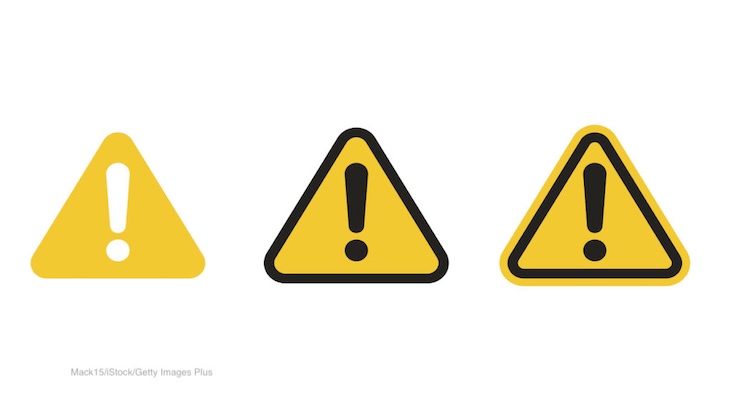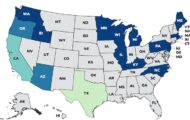The retail list for Listeria Rizo-Lopez dairy products that are linked to a deadly Listeria monocytogenes outbreak has been released by the FDA. The list, that is 24 pages long, includes grocery stores from several states.

Most of the stores are in California, but there are also stores in Colorado, Illinois, Nevada, Oregon, Utah, and Washington that are included. This list may not include all retail establishments that received the recall product, or may include stores that did not receive the products. The actual list of recalled products is the most accurate determination.
In this outbreak, the patient case count by state is: Arizona (4), California (8), Colorado (4), Florida (1), Georgia (1), Nevada (1), North Carolina (1), Oregon (1), Tennessee (2), Texas (2), and Washington (1). The patient age range is from less than one to 88 years. Illness onset dates range from June 15, 2014 to December 10, 2023. Two patients, one who lived in California and one who lived in Texas, died. The outbreak investigation was last updated on February 9, 2024.
We have collected a list of the large number of secondary recalls of products made with Rizo-Lopez foods in one place. Most of the products were made with that company’s cotija cheese. The recalls go back to January 11, 2024.
The brand names of recalled products include Bright Farms, Campesino, Casa Cardenas, Dole, Don Francisco, Don Pancho, Dos Ranchitos, El Huache, Food City, Fresh & Ready Foods, Fresh Express, H-E-B, Jack & Olive, La Ordena, Marketside, Maverick Foods, President’s Choice, Ready Pac Bistro, Rio Grande, Rizo Bros, Rojos, San Carlos, Santa Maria, Sprig & Sprout (S&S), The Perfect Bite Co., Tio Francisco, Trader Joe’s, and 365 Whole Foods Market. Retailers were products were sold unbranded as taco kits, wraps, and meals include Albertsons, Bristol Farms, Carrs-Safeway, Costco, Eagle, Lucky, Pavilions, Randalls, Safeway, Save Mart, Shaw’s, Sprouts (S&S), Star Market, Stater Bros. Markets, Tom Thumb, and Vons.
Please look at the list of recalled products carefully, and look at the list of retail establishments that may have carried these products. If you did buy any of these products, do not eat them, even if you plan to cook with them, because of the possibility of cross-contamination. Throw them away or return them to the place of purchase.
After you discard these items, clean your refrigerator with a mild bleach solution to kill any pathogens. Listeria bacteria can grow at refrigerator temperatures and freezing does not kill it.
If you ate any of these recalled items, monitor your health for the symptoms of listeriosis for the next 70 days. That’s how long it can take for symptoms to manifest after infection. If you do get sick, see your doctor.

If you have been sickened with a food poisoning infection, please contact our experienced attorneys for help with a possible lawsuit at 1-888-377-8900 or text us at 612-261-0856. Our firm represents clients in lawsuits against grocery stores, restaurants, and food processors, and families in wrongful death cases.




